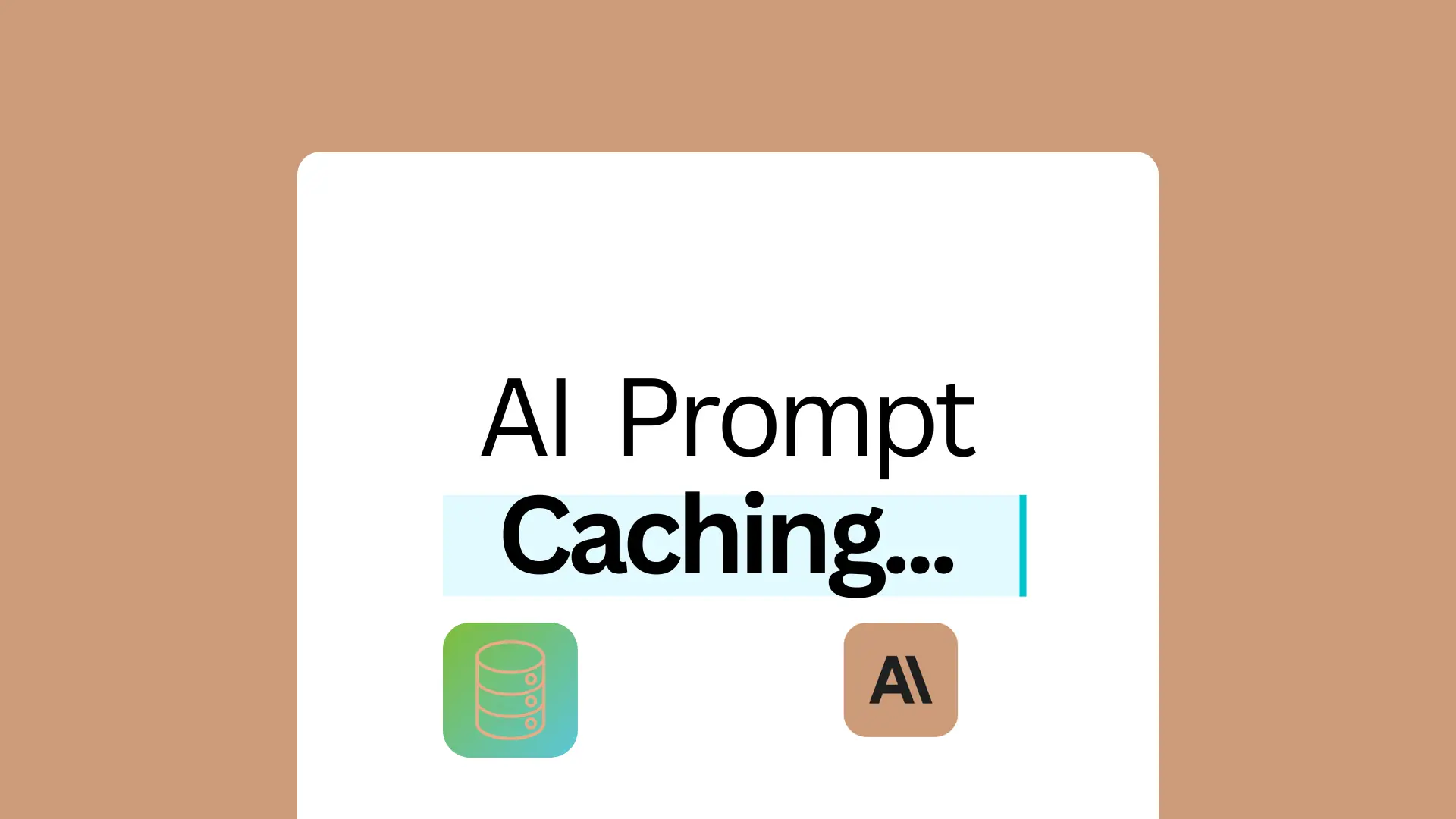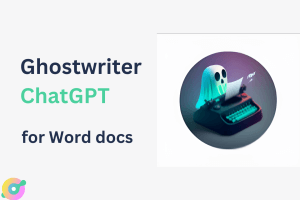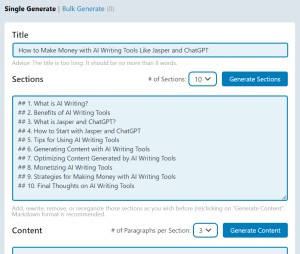Anthropic has introduced prompt caching for its Claude AI models. This addition aims to make Claude more practical and cost-effective for complex, long-term projects that need consistent access to large amounts of contextual information.
Prompt caching is now available in public beta on the Anthropic API for Claude 3.5 Sonnet and Claude 3 Haiku. It allows for longer, more detailed prompts to be stored and reused.
This feature improves Claude’s responses across multiple interactions by enabling the inclusion of comprehensive information like detailed instructions, example responses, and relevant background data.
How prompt caching works
Prompt caching stores frequently used content between API calls. This allows Claude to retain important context without needing to reprocess it each time.
The cached prompts can include:
- Detailed instructions
- Example responses
- Relevant background information
By retaining this context, Claude can provide more consistent and higher-quality responses across multiple interactions.
Benefits of prompt caching
Anthropic claims several key benefits from using prompt caching:
- Improved performance: Response quality and consistency increase across a wide range of applications.
- Faster responses: Response times can improve by up to 50%.
- Cost savings: Costs may reduce by up to 90% for long prompts.
These improvements make Claude more suitable for complex, ongoing tasks that require maintaining context over time.
Claude’s capabilities
Claude is Anthropic’s AI assistant, first released publicly in March 2023. Its key capabilities include:
- Advanced reasoning
- Vision analysis
- Code generation
- Multilingual processing
Claude excels at tasks requiring nuanced understanding and complex reasoning. It’s particularly strong in areas like analysis, writing, and coding.
Unlike some AI assistants focused solely on coding, Claude is designed as a more general-purpose tool.
Claude service tiers
Anthropic offers three tiers for using Claude:
Free tier
- Web, iOS, and Android access
- Image and document analysis
- Claude 3.5 Sonnet access
Pro tier – $20 per person/month
- Higher usage limits
- Access to Claude 3 Opus and Haiku
- Project creation feature
- Priority access and early features
Team tier – $25 per person/month
- Highest usage limits
- Team collaboration features
API pricing and models
Anthropic’s API offers three Claude models with different pricing and capabilities:
Claude 3 Haiku
- Fastest model for lightweight tasks
- Input: $0.25/million tokens
- Output: $1.25/million tokens
- Prompt cache read: $0.03/million tokens
- Prompt cache write: $0.30/million tokens
Claude 3 Opus
- Highest-performing model for complex tasks
- Input: $15/million tokens
- Output: $75/million tokens
- Prompt cache read: $1.50/million tokens (when available)
- Prompt cache write: $18.75/million tokens (when available)
Claude 3.5 Sonnet
- Most intelligent model to date
- Input: $3/million tokens
- Output: $15/million tokens
- Prompt cache read: $0.30/million tokens
- Prompt cache write: $3.75/million tokens
Effective use of prompt caching
Prompt caching is most effective when:
- Sending large amounts of prompt context once
- Referring to that information repeatedly in subsequent requests
This approach reduces costs and improves performance for tasks that require consistent access to extensive background information.
Common business applications
Prompt caching can enhance various AI-powered business applications:
- Conversational agents: Reduce costs and latency for extended conversations, especially with long instructions or uploaded documents.
- Large document processing: Incorporate complete long-form material without increasing response time.
- Detailed instruction sets: Share extensive lists of instructions and examples to fine-tune responses without repeated costs.
- Coding assistants: Improve autocomplete and codebase Q&A by keeping summarized codebase information in the prompt.
- Agentic tool use: Enhance performance for scenarios involving multiple tool calls and iterative code changes.
Common questions about Anthropic’s prompt caching

How does prompt caching boost AI efficiency?
Anthropic’s new prompt caching feature for Claude AI models cuts costs and speeds up processing. It allows frequent content to be cached between API calls. This reduces expenses by up to 90% for long prompts. It also decreases latency by up to 85%.
Prompt caching lets Claude access more background info and example outputs. This improves its abilities while lowering resource usage. The efficiency gains are significant for repetitive tasks that use lots of context.
What makes Claude’s prompt caching unique?
Claude takes a distinct approach to prompt caching compared to other AI systems. It enables resuming from specific parts of prompts. This optimizes processing for prompts with consistent elements.
The caching works at a granular level. It doesn’t just store entire prompts, but also caches useful segments that can be reused. This flexibility allows for more efficient handling of varied but related prompts.
How does prompt caching work in AI models?
Prompt caching stores frequently used content from AI prompts. When similar prompts are sent later, the cached info is quickly retrieved. This avoids reprocessing the same context repeatedly.
For Claude, developers can cache large amounts of background knowledge. The AI then accesses this cached context as needed. This allows for faster and cheaper processing of prompts that use that shared information.
What benefits does prompt caching provide?
Prompt caching offers major advantages for AI systems:
- Reduced costs (up to 90% savings)
- Lower latency (up to 85% faster)
- Ability to use more context efficiently
- Improved performance on repetitive tasks
- Enhanced scalability for high-volume applications
These benefits make AI more practical and cost-effective for many use cases. Businesses can leverage more powerful AI capabilities without prohibitive expenses.
How does the Bedrock framework relate to prompt caching?
The Bedrock framework provides tools for working with large language models. While not directly tied to Claude’s prompt caching, it represents a broader trend of optimizing AI infrastructure.
Frameworks like Bedrock aim to make AI development more efficient and scalable. Prompt caching aligns with these goals by reducing computational overhead. Both technologies ultimately serve to make AI more practical for real-world applications.
What’s involved in implementing prompt caching?
Developers can implement prompt caching through Anthropic’s API. The process involves:
- Identifying frequently used prompt elements
- Caching those elements via API calls
- Referencing cached content in subsequent prompts
Anthropic provides documentation to guide implementation. The API allows fine-grained control over what content is cached and how it’s used. This lets developers optimize caching for their specific use cases.












